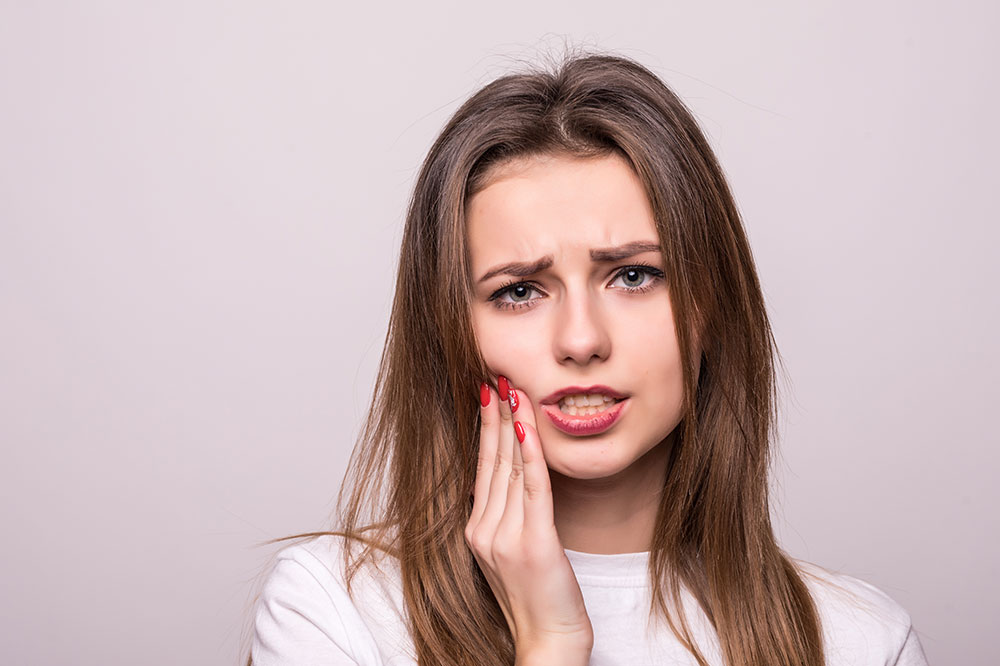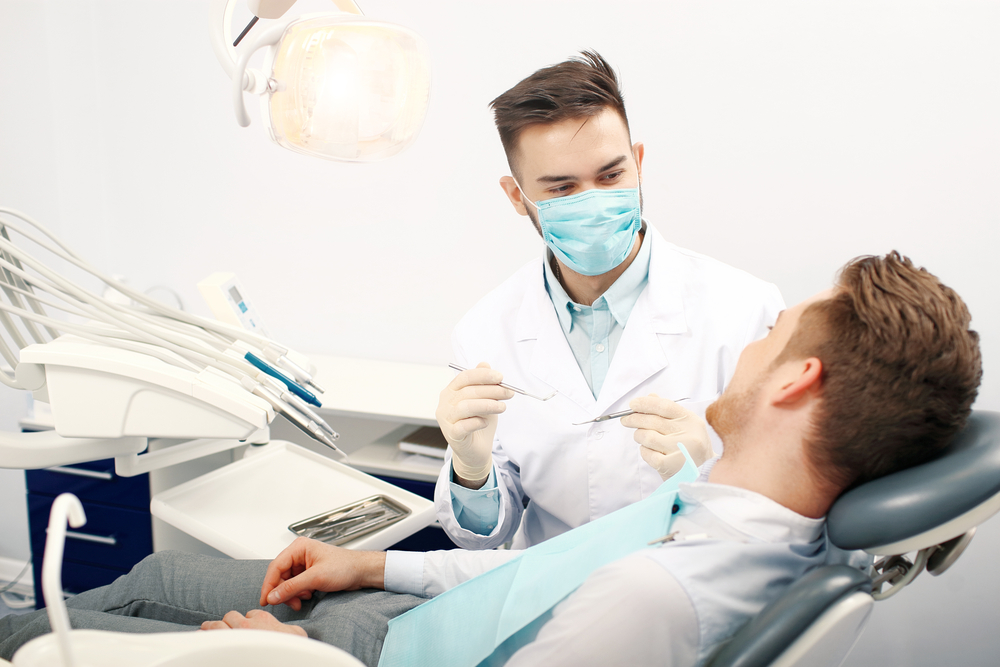Maintaining Dental Health: Common Issues, Diagnosis, and Prevention Strategies
This article highlights the importance of oral health, common dental problems across different age groups, methods for diagnosing issues, and effective prevention strategies to maintain a healthy smile and overall wellness.

Maintaining Dental Health: Common Issues, Diagnosis, and Prevention Strategies
Dental health reflects overall well-being, making consistent oral care essential to prevent cavities, bad breath, gum problems, and other oral disorders. Proper oral hygiene is vital at every age, as neglect can lead to broad health complications. Understanding typical dental problems and how to prevent them can help maintain a healthy smile and overall health.
Frequent dental concerns
Dental issues can affect individuals at various life stages:
Infants
Parents should establish a routine to keep infants' gums clean. When primary teeth appear, gently wipe gums with a soft, moist cloth.
As children grow, they can transition to a toothbrush suitable for their age. It's important to schedule a first dental visit within six months of the initial tooth eruption, ideally by age one. Parents should also prevent thumb-sucking and avoid letting children sleep with bottles to prevent dental decay.
Children and Teenagers
Signs of crooked teeth often emerge between ages 6 and 12. Wisdom teeth may also develop in late teens, sometimes requiring removal due to pain or infection.
Adults
Gum disease is a prevalent concern among adults. Bruxism, or teeth grinding during sleep, can threaten dental health. Poor oral hygiene increases cavity risk, and deep cavities may require root canal treatments.
Seniors
Detecting dental problems
Regular dental check-ups are essential for diagnosis. Dentists examine the mouth, including the tongue, throat, jaw, cheeks, neck, and teeth. They use tools to measure gum pocket depths; pockets exceeding 3mm suggest gum disease. For cancers or other issues, imaging techniques like MRI, X-ray, CT scan, and endoscopy are employed.Preventive care tips
Schedule yearly dental exams and professional cleanings
Use fluoride toothpaste and brush twice daily
Change your toothbrush every 3-4 months or when worn out
Clean your tongue during brushing for better oral hygiene










